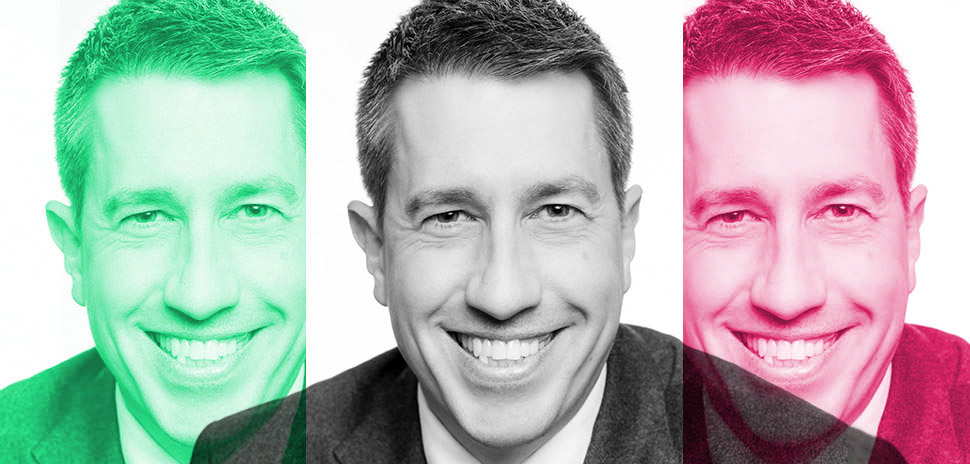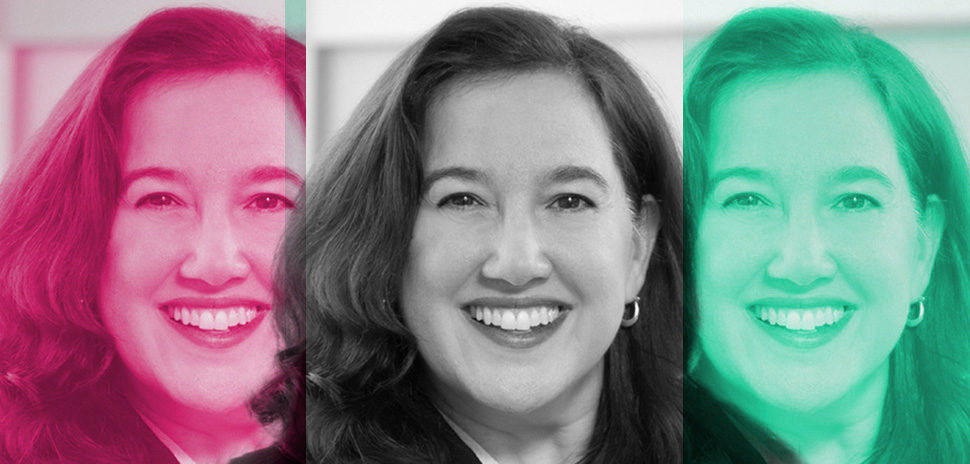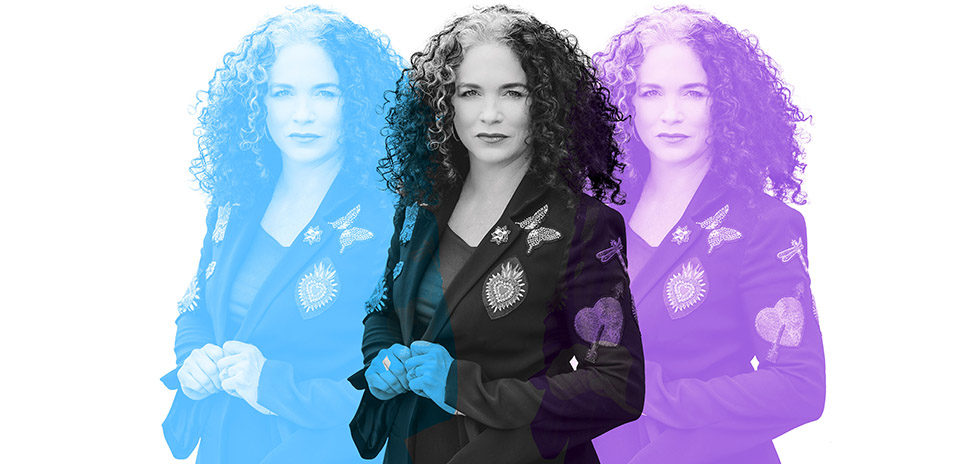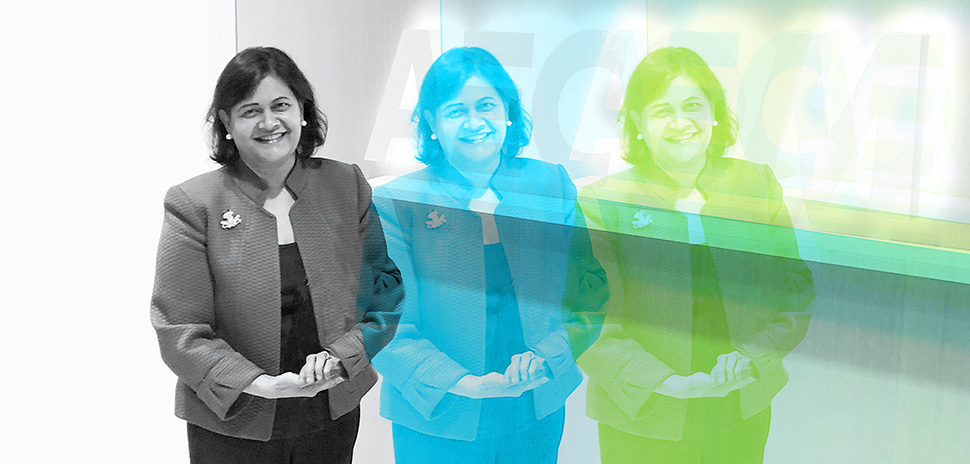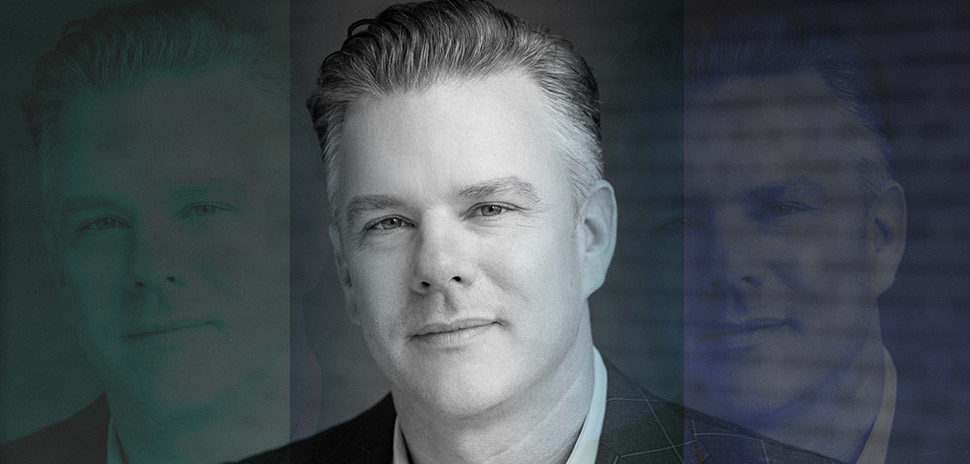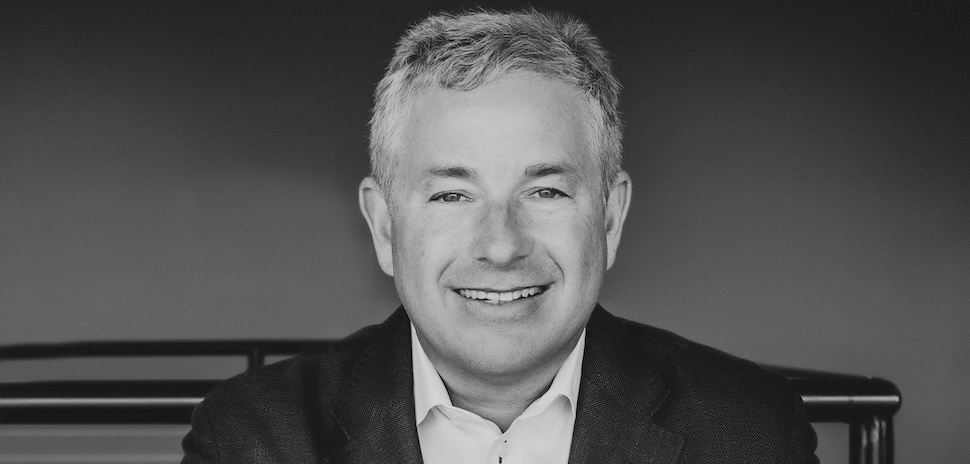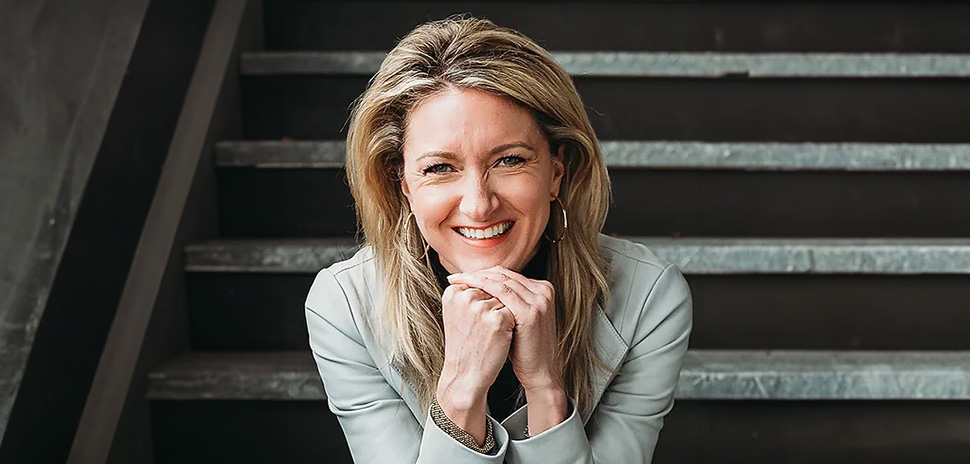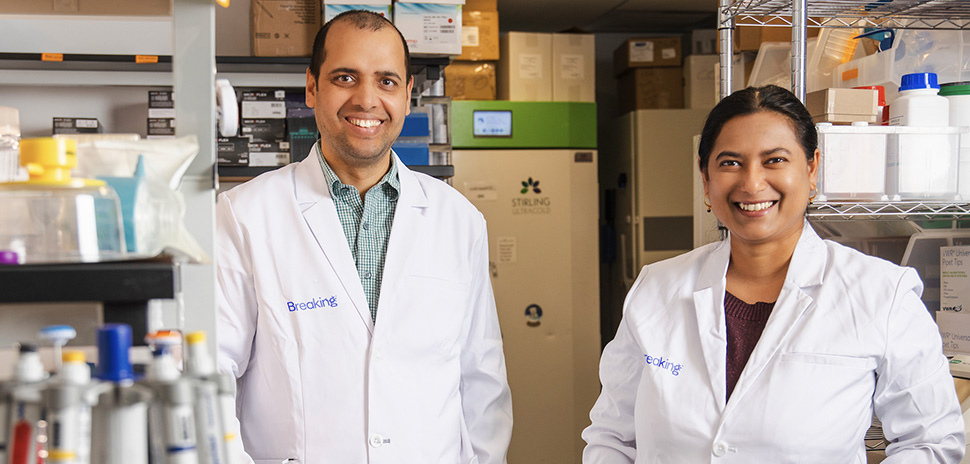Spark Biomedical CEO Daniel Powell and his team of detox developers are fighting the nation’s opioid epidemic, which has worsened during COVID-19. Since its Sparrow Therapy System received FDA clearance in January, Spark has begun providing drug-free opioid withdrawal relief for adults.
INVENTION
Detox Developer
Daniel Powell
The Texas startup was founded in Houston in 2018, but is now headquartered in Dallas where it develops medical devices such as the system.
Spark received clearance from the FDA on January 5, 2021, for its Sparrow Therapy System, a wearable neurostimulation device for drug-free opioid withdrawal relief for adults.
Dr. Anjum Bux was the first in the U.S. to successfully treat commercial patients using the system, with his initial patient tapering from high-dose oral opioids in seven days with no reported withdrawal symptoms, according to a statement.
“The ability to safely taper patients’ opioid use over days instead of months while reliably managing withdrawal symptoms is a game-changer for my patients and practice,” Bux said in a statement. “This is an important advancement in the fight against opioid use disorder.”
“Easiest detox ever”
In the last year, the company conducted adult clinical trials with “great results,” Powell previously told Dallas Innovates. “We have high confidence in our solution; especially when we hear comments from our clinical trial participants saying, ‘Easiest detox ever.’”
In Spark’s clinical trials targeting patients with opioid use disorder, 89 percent of participants experienced mild to no withdrawal symptoms through 60 minutes of therapy and one in three had no symptoms after just the first day of treatment, according to a statement. In two days, 100 percent of the participants had a clinically meaningful reduction in opioid withdrawal symptoms.
“One of the biggest challenges for those recovering from long-term opioid use is the changes to the brain’s function that make it more difficult to handle stressors,” Powell says. “We believe our system can help the brain return to a state more like pre-opioid use and give patients the tools to stay sober in the long term.”
Spark saw a gap in care for the youngest victims of addiction—babies
The system is just one of the medical devices that the company has developed. Spark also has another device in clinical trials to help the youngest victims—babies. Powell says the team saw a critical gap in care and expanded its neurostimulation solution to cover Neonatal Opioid Withdrawal Syndrome (NOWS).
The startup previously said it would focus on the benefits of the neurostimulation device to help with long-term addiction recovery after the opioid withdrawal tool has been approved.
Meet the founder
CEO Daniel Powell was featured in Dallas Innovates’ Future 50 in Dallas-Fort Worth in the 2021 edition of our annual magazine and was a finalist for emerging company innovation in the 2020 Tech Titans awards. We talked with Powell about innovations in drug withdrawal treatment, how they were impacted by the pandemic, and cultivating company culture in difficult times.
On recent innovations in opioid withdrawal treatment:
2020 has been a fascinating year for Spark Biomedical. During pandemic constraints, we finished the development of our flagship product, the Sparrow Therapy System, a wearable neurostimulation solution for drug-free opioid withdrawal relief. As part of that process, we pushed forward and completed an adult clinical trial, demonstrating that drug-free, systemic side-effect-free opioid withdrawal can be achieved using neurostimulation.
We’re aware that the opioid crisis is gaining ground while the nation focuses on the pandemic. So, we doubled down on our efforts and expanded our neurostimulation solution to cover Neonatal Opioid Withdrawal Syndrome (NOWS). We saw a gap in care and knew we could provide a better solution for the most innocent victims of the opioid crisis. As part of that effort, we’ve partnered with the Medical University of South Carolina (MUSC) on a neonatal clinical trial to treat our first seven newborns with neurostimulation for NOWS relief.
On Spark Biomedical’s recent achievements:
We believe diligently and tirelessly progressing two products toward commercialization during a pandemic is an impressive set of accomplishments for a relatively small team. But above that, I think this year’s most notable achievement is the team we’ve built over the past ten months. In the middle of the pandemic, we add great talent across the organization to round out the skills needed to move from a largely R&D-only organization to a fully operating company, ready to manufacture, market, sell, and distribute a finished product.
At the end of the day, we know it’s not about just having great ideas; it’s about bringing those ideas to the world so more people can overcome and heal from opioid withdrawal and achieve a more fulfilling life free from opioids. Having the best team in place and maintaining momentum to bring our product to market has definitely been our most significant achievement this year.
On how COVID-19 has affected the opioid epidemic:
The opioid epidemic continues to take more American lives every year. And the COVID-19 pandemic has only exacerbated the situation. Although the official 2020 opioid overdose numbers are not in (due to COVID), according to representatives at the National Institutes of Health, there has been a 20 percent increase in the number of calls to the agencies reporting spikes in overdoses. So, there is concern that overdoses are increasing across the country.
With many of the traditional addiction support systems closed or running at minimal capacity, we believe now more than ever; people need extra help eliminating opioids from daily use. Our part in changing the future is to help as many people as possible take the biggest and most challenging step forward to overcome the fear of painful opioid withdrawal. It’s such a painful step that it’s estimated two out of every five adults who need to seek treatment do not. Our Sparrow Therapy System was designed to alleviate withdrawal symptoms so patients can get through the detox period and onto a life of recovery.
Although we’re still waiting for FDA clearance, we have high confidence in our solution; especially when we hear comments from our clinical trial participants saying, “Easiest detox ever.” That’s why the Spark team works tirelessly every day to ensure we can deliver an easy, pain-free, drug-free path forward for all who want to eliminate opioids. This way, they have the best chance possible to get and stay off opioids—whether prescription or illicit.
On working from home, COVID-19, and social injustice:
As a distributed company, we’ve been successfully working from home for the past few years. So, when COVID hit, we were in an excellent position to keep our momentum. I’m happy to say that we’ve added jobs in the middle of the pandemic and provided health insurance to seven new individuals—nearly doubling our staff.
We’ve also kept the supply chain running smoothly by maintaining momentum on projects with our development partners, enabling them to retain or grow staff. Although the pandemic did prompt us to rethink our supply chain to ensure we had redundancies built in where possible. This was on our three-year plan; however, we escalated that work when it became apparent, we just couldn’t risk an interruption once we’ve launched.
Regarding social injustice, we believe our added focus on Neonatal Opioid Withdrawal Syndrome brings a viable solution to some of the most innocent and underserved victims of the opioid crisis. Many of these infants begin life in a significantly disadvantaged way—in withdrawal, requiring daily morphine doses for an average of 21 days, all spent in the NICU away from their mother. According to the March of Dimes, this rough start to life may lead to long-term health and development problems, including hearing and vision problems and problems with learning and behavior. With our wearable Neonatal Neurostimulation device, we believe we can offer these infants a shorter, drug-free withdrawal solution and a better start to life.
On creating a strong team culture:
As we launched Spark Biomedical, the three co-founders talked extensively about culture and the type of company we wanted to build. One of the critical elements of culture we wanted to instill was to provide a safe environment where everyone could feel free to ask for help, make mistakes, and grow. Creating that environment requires regular communication, transparency, and open access to engage across the organization. So, we put mechanisms in place early on to ensure we could nurture that type of environment. This culture pairs well with our mission to help people through addiction and recovery—because, across the board, we believe in second chances.
We also believe that our culture is more than a motto; it’s built from the sum of a million little things, like sending birthday gifts, having team dinners when we can get together in person, and generally recognizing these are tough, worrisome, and chaotic times with a lot of unknowns. Our goal is that Spark is a place of security and does not add to the stress. Instead, it gives the team a sense of hope that everyone is participating in bringing an amazing product to market that will change lives for the better.
On the company’s future in addiction treatment:
In the short term, we’re focused on getting our adult opioid withdrawal product through the FDA and into the hands of physicians across the country treating opioid addiction and dependence. But we aren’t stopping there. We believe the Sparrow Therapy System can offer benefits beyond just the opioid detox period. We think it can help with long-term addiction recovery. We’re gearing up for a large clinical trial to study just that—long-term addiction recovery.
One of the biggest challenges for those recovering from long-term opioid use is the changes to the brain’s function that make it more difficult to handle stressors and other pressure situations. We believe our system can help the brain return to a state more like pre-opioid use and give patients the tools to stay sober in the long term. It’s an ambitious venture. But we believe it’s our mission as stewards of this company and technology to reinvest in the science of addiction as much as possible.
Alex Edwards and Lauren Hawkins contributed to this story. A version was originally published in Dallas Innovates 2021: The Resilience Issue.
Read it online
Our fourth annual magazine, Dallas Innovates 2021: The Resilience Issue, highlights Dallas-Fort Worth as a hub for innovation. The collective strength of the innovation ecosystem and intellectual capital in Dallas-Fort Worth is a force to be reckoned with.
![]()
Get on the list.
Dallas Innovates, every day.
Sign up to keep your eye on what’s new and next in Dallas-Fort Worth, every day.










